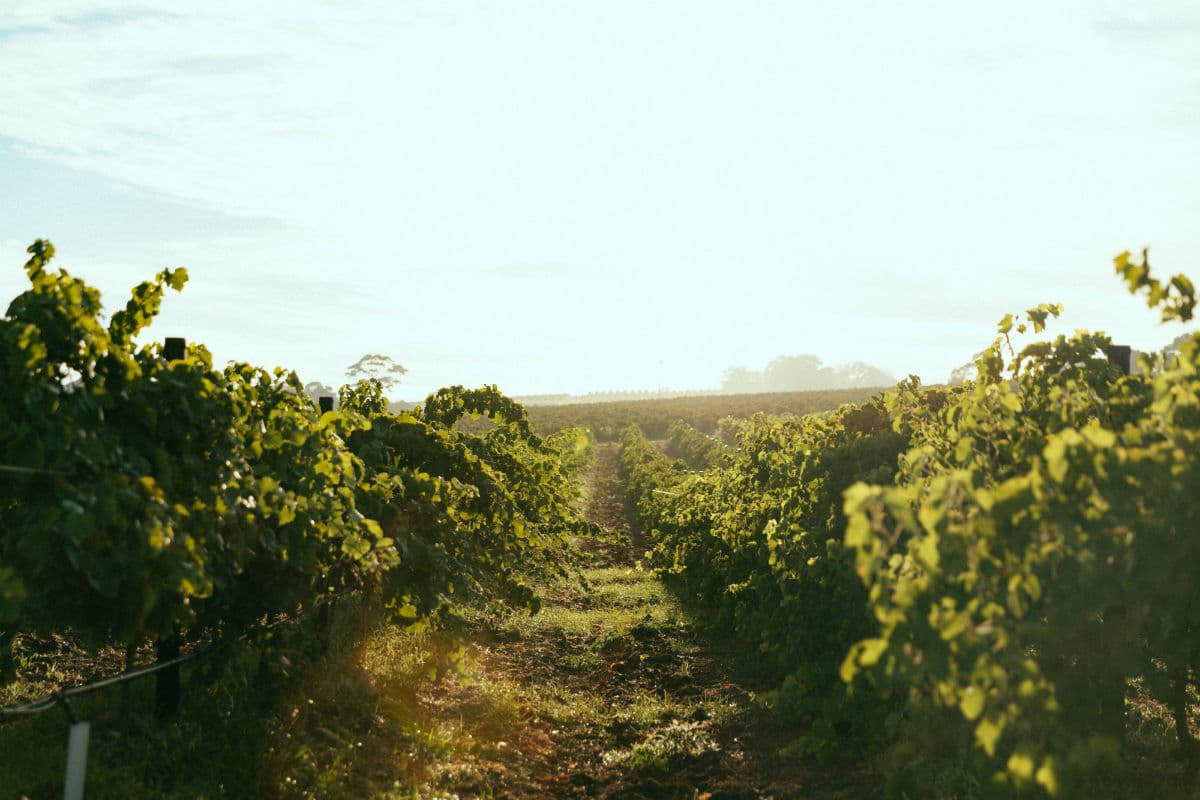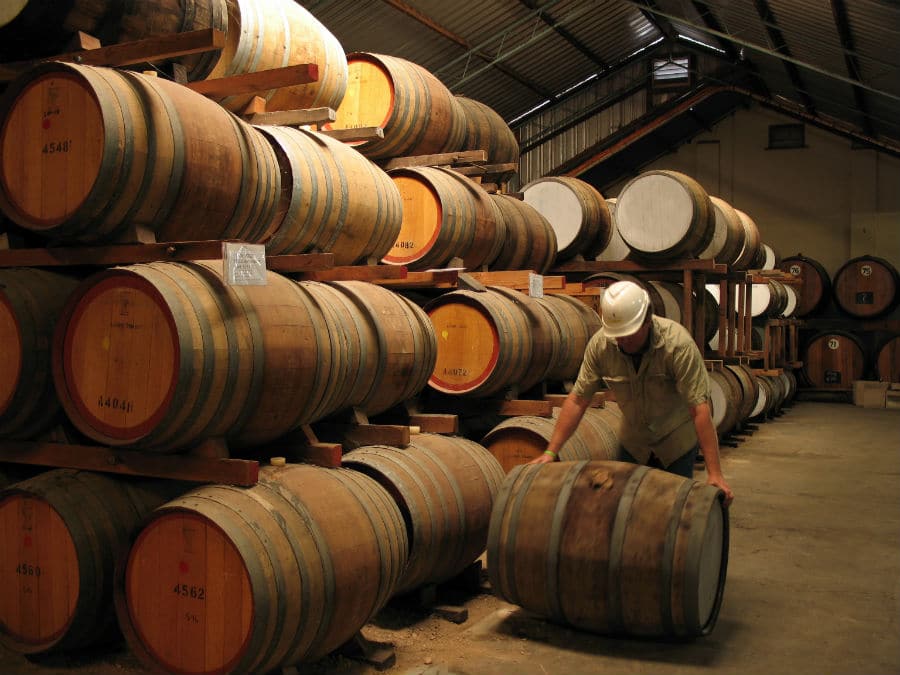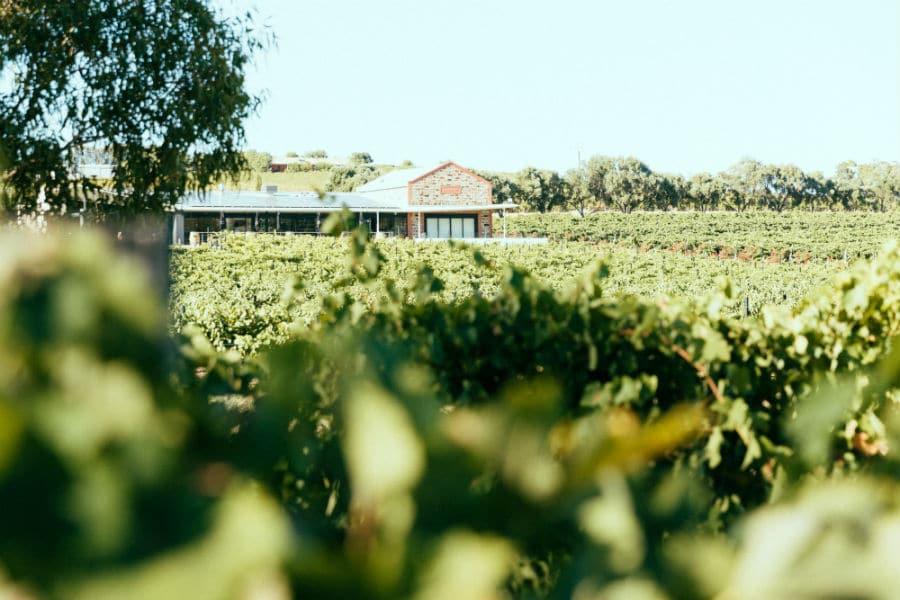
The organic wine movement is growing, both locally and internationally. Tony Ingle, Chief Winemaker for Angove Organic, knows what it means to be certified organic.
Here, he shares his insights on the future of organic wine, sustainable winemaking and everything you need to know about organic wines.
What is Certified Organic Wine?
Put simply, Certified Organic Wine is wine that has been made without using any synthetic chemicals, fertilisers, pesticides, fungicides or herbicides. At no stage during the grape growing or winemaking processes are synthetic chemicals or non-organic inputs used.

How is the organic winemaking process better for the environment?
At Angove Family Winemakers, we strive to be a world leader in sustainable practices that encourage biodiversity, protect the natural ecosystem, and reduce landfill and greenhouse gas emissions. Since no synthetic chemicals are used in the organic grape growing or winemaking process, no chemical residue is left on the plants or in the surrounding soil and groundwater. This eliminates chemical runoff into drinking water and coastal areas - which has a devastating impact on marine life, wildlife and plants.
Without all the synthetic chemicals, the vines themselves are healthier. Organic vines tend to need less water applied to them because the soil is built up with more compost and organic matter, which holds the water far better - increasing the resilience of the vineyard during periods of drought.

Does organic wine have a different flavour to traditional wine?
It is only natural that when the vine is healthier, the fruit it produces will be as well. We have found a better depth of flavour in grapes from our organically certified vineyards which in turn results in wines with deeper flavours.
Are Certified Organic Wines vegan?
Many traditional wines are made using animal-derived fining-agents. These fining-agents, which are used to remove protein and yeast, include milk, egg whites and isinglass - made from the float bladder of the sturgeon fish.
Our award-winning range of Certified Organic Wines do not use any animal-based fining products or tested inputs in making the wine.

What’s the difference between Certified Organic Wine and natural wine?
A lot of people are under the misconception that Certified Organic wines and “natural” wines are the same thing - they’re not. Certified Organic Winemaking has to follow a strict protocol with accreditation only achieved after a rigorous three-year assessment process. In contrast, there are no rules, protocols, certifications or guidelines surrounding natural winemaking. The Certified Organic Wine label gives consumers peace of mind as to the purity and authenticity of the product they are buying.



